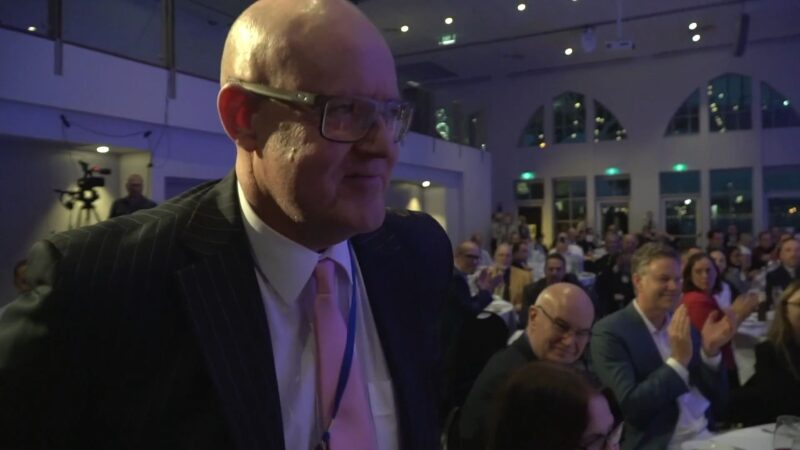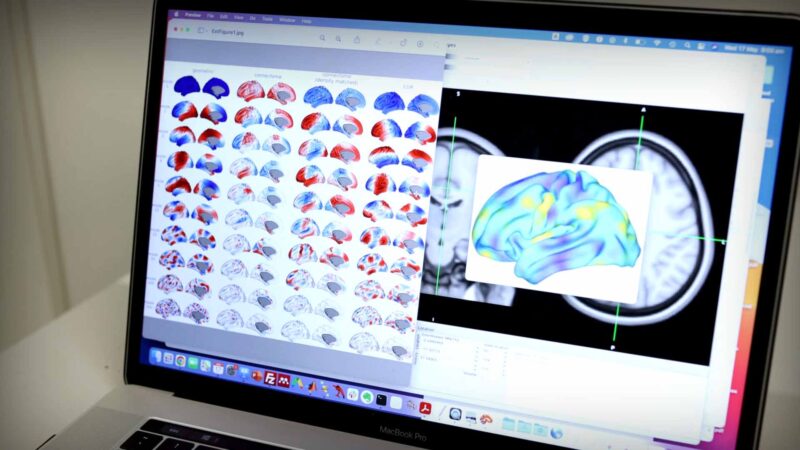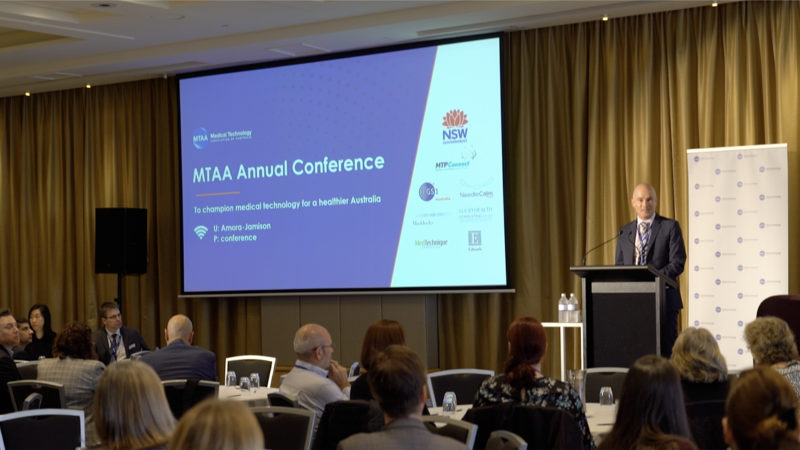MEDICAL COLLEGES REFORM TO ADDRESS ACCESSIBILITY, AFFORDABILITY AND RURAL CHALLENGES Priority given to new trainee candidates who come from rural backgrounds and have relevant experience
With
Jodie Long, CEO
Council of Presidents of Medical Colleges (CPMC)
AUSTRALIAN HEALTH JOURNAL SEGMENT
Filmed in Melbourne | September 2025
The Council of Presidents of Medical Colleges (CPMC) is the peak body for Australia’s specialist medical colleges. CPMC provides a voice in the areas such as workforce issues, quality of healthcare and patient safety, and the education and training of specialist doctors.
Australia’s specialist medical colleges are introducing significant changes to their training selection processes to tackle the ongoing shortage of specialist doctors in rural and remote areas. The Council of Presidents of Medical Colleges (CPMC), in collaboration with the National Rural Health Commissioner, has unveiled new guidelines that prioritise candidates with rural backgrounds and experience during trainee selection.
Associate Professor Sanjay Jeganathan, Chair of CPMC, stated, “Too many rural Australians are waiting too long for specialist care or having to travel vast distances.” Research shows that doctors from rural areas are more likely to return and practice in those communities. The new framework systematically rewards candidates with relevant rural experience, including those who spent their childhood in rural settings, medical students who completed over 12 months of rural placements, and junior doctors who worked in rural hospitals.
The initiative reflects unprecedented collaboration among Australia’s specialist medical colleges, moving from good intentions to systematic change. “Every college will now use consistent definitions and transparent processes,” added A/Prof Jeganathan.
In tandem with these changes, CPMC is reforming its governance structure to better address workforce shortages and access challenges. This revised structure includes a Representative College Council and a separate Board of Directors, promoting agile decision-making and clearer communication with stakeholders. Dr. Jeganathan emphasised the importance of creating a unified voice for specialist doctors to respond effectively to urgent healthcare reforms, enhancing the organisation’s accountability and responsiveness.
Australian Health Journal spoke to CPMC CEO Jodie Long about some of the findings and challenges in the workforce within regional and rural settings and how the new governance structure will support representation of the 16 colleges to Government bodies.
Source: Adapted from CPMC media releases
You Might also like
-
Gavin Fox-Smith talks Medical Technology
Former Johnson & Johnson ANZ Managing Director, Gavin Fox-Smith on working in large & small MedTech companies
-
Landmark brain shape study
For over a century, researchers have thought that the patterns of brain activity that define our experiences, hopes and dreams are determined by how different brain regions communicate with each other through a complex web of trillions of cellular connections.
Now, a Monash University Turner Institute for Brain and Mental Health-led study has examined more than 10,000 different maps of human brain activity and found that the overall shape of a person’s brain exerts a far greater influence on how we think, feel and behave than its intricate neuronal connectivity.
-
MTAA MedTech19 Annual Conference
MTAA’s annual conference is the premier medical technology industry conference in Australia and brings together leaders and influencers across industry, government and academia to discuss what’s up ahead for the MedTech industry.



